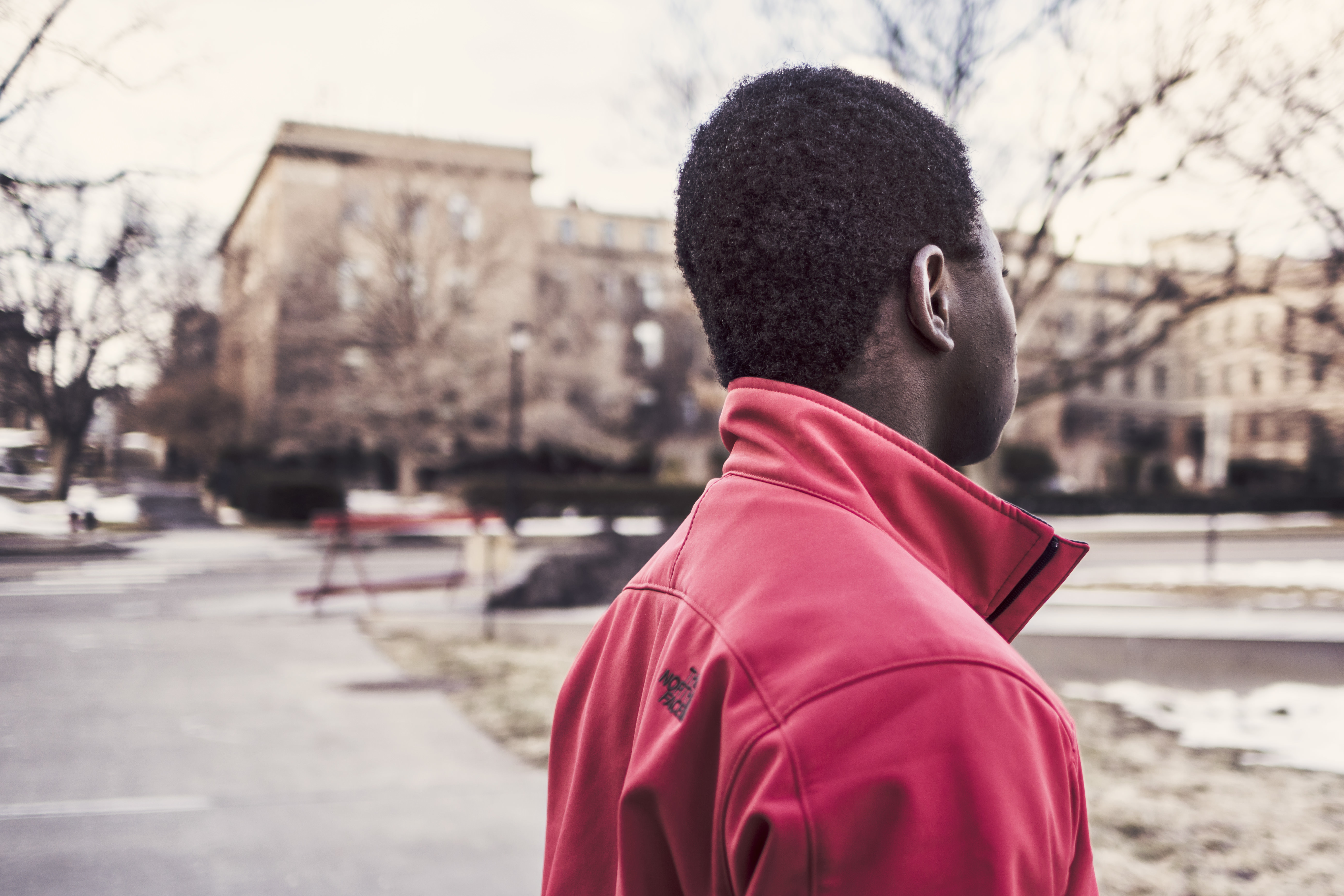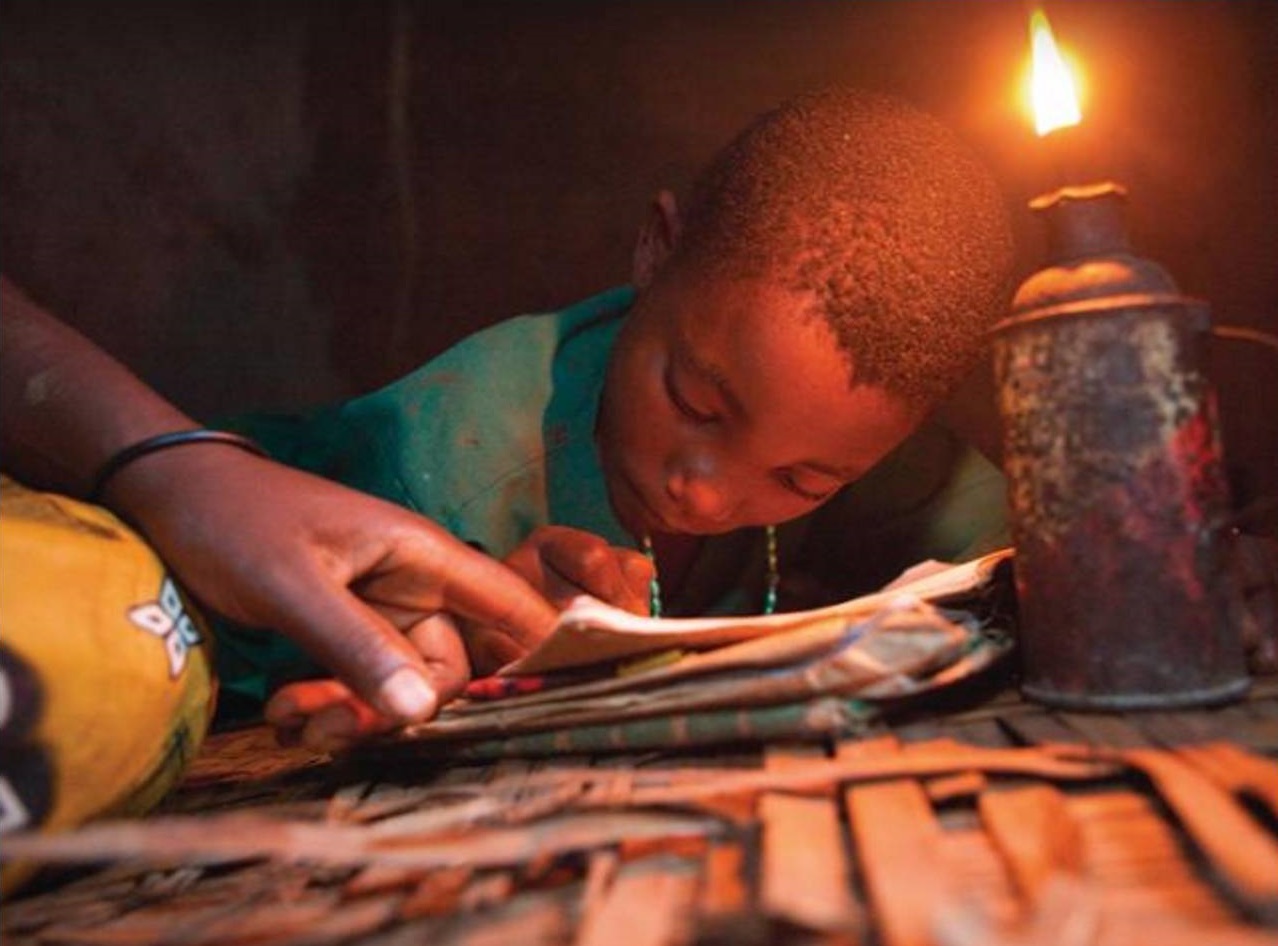It is sadly ironic that the U.S. has a race problem when in many ways, we are a conglomerate of cultures, races, and religions. People have been discovering the Americas for over 30,000 years or more: ancient Australians, Africans, Asians, Europeans, with Native Americans settling and forming nations in the US. Each group who came here has brought, adapted and built a culture on this continent.
European culture is not native to the US. Unfortunately, we are taught to believe that the Western European way is the proper, if only, way to live. Sadly, much of that culture is the basis of our systemic racist beliefs and fuels our implicit bias.
What does that mean?
One could argue that the US has overcome racism with the elimination of Jim Crow laws and further with the election of Obama as President. And yes, the US did overcome its overt racism to elect an African-American, but that doesn’t mean we have escaped the system of racism. And racism is a system – a system of power. It starts with what we learn about different races and cultures through a curated history and extends to the attitudes we learn towards non-European cultures, people and their worth. The white/European race, or majority culture in the US, has typically defined accepted perspectives for the world, “validating” what is ok and not ok, what is true or false, what is included or excluded. This majority culture can also claim cultural appropriation from minority cultures. What separates cultural adoption and integration from appropriation? The disrespect of the majority culture not bothering to learn about the origins of clothing, decorations, or rituals.
Related Article: “REFLECTIONS ON AN IMPENDING TRUMP PRESIDENCY”
To summarize, systemic racism encourages us to see others through a false, constructed cultural identity first and as a person second.
Racism and bias didn’t suddenly appear with Trump’s rants about Mexicans, Muslims, and immigrants. We have witnessed more cops killing African Americans, hate crimes against Muslims since 9/11 and before, hate crimes against Latinos, and more. If anything, it got more attention and voice. Racism isn’t new to the US.
However, in this election cycle it was naked and visible. Trump’s rants got the attention of the KKK and an endorsement. The last time a candidate had KKK support was Barry Goldwater in 1964 (he was defeated by Johnson). It was a similar situation:
I know before the KKK endorsed Trump I personally didn’t believe that racism was still an active factor in daily life. That may sound ignorant, but in my sheltered world that included people who thought like I did, I thought racism was an exceptional action, something you see on TV news that happened somewhere else. I would hear stories about doctors who believe that black people don’t feel pain or lazy Latinos and stare in shock. I couldn’t believe that this was still happening today.
But I don’t believe I was alone. Over the years, we have been lulled into believing that our society was open minded and accepting, that everyone was safe. We had affirmative action and equal rights. Heck, we even elected a Black president. However, after the KKK endorsed Trump, I asked an activist friend of mine to learn about systemic racism. It was clear to me that something Trump was saying was resonating with them and I needed to understand what that was. Needless to say, my activist friend was happy to teach me what drives the injustice in our society.
What was odd in this election was that the KKK endorsement didn’t stop voters from selecting Trump as it did Barry Goldwater in 1964. And I don’t blame the voters – the options for this election were far from fantastic. We got to choose between a career politician associated with a number of scandals and a celebrity businessman with legal battles and racist rants. It was a case of the lesser of two evils, and some saw the scandals and corruption as worse. Some didn’t see the two alternative (or more) candidates available. What the celebrity businessman said resonated with people. Some of what he said felt good to hear, almost Tony Robbins-esque, and some of what resonated with voters was simply familiar, “unfiltered” talk.
Sadly, I think what was familiar, “unfiltered,” and seen as “not that bad” was hidden in the systemic racism and implicit bias that many white people share.
There is hope – after this election, we have proof that indeed, our system is racist and we have racist biases. That is a huge step forward because you can only fix what is broken when you admit that it is indeed broken. But unlike fixing a vase that requires you to glue pieces together, you can’t fix systemic racism with some tools or laws.
Systemic racism continues through our implicit consent to it in society. We need people of color to lead and guide us all, together, to overly reject it and create a new system. The voices for change need to come from people who live with it every day – African Americans, Latinos, Asians, Africans and more people of color. They can best identify the problems and know what solutions are needed. White people and people of European descent need to support them, learn from them, and help spread knowledge about the issues and solutions to other White people.
But how do we start? How can we do better?
Example 1: What you believe about yourself – and your history – is your identity
Many people yet to believe that their beliefs define their reality. It is true.
Now, what if you are black and believe you are a bad person? This is why I find this video below so disturbing.
Systemic racism and implicit bias dive into the depths of beliefs about yourself and others. And this includes biases in schools and how teachers pay attention to children based on race.
‘What we found was exactly what we expected based on the rates at which children are expelled from preschool programs,’ Gilliam says. ‘Teachers looked more at the black children than the white children, and they looked specifically more at the African-American boy.’
Indeed, according to from the U.S. Department of Education, black children are 3.6 times more likely to be suspended from preschool than white children. Put another way, black children account for roughly 19 percent of all preschoolers, but nearly half of preschoolers who get suspended.
— Cory Turner, Bias Isn’t Just A Police Problem, It’s A Preschool Problem, NPR
One approach to understanding the impact of bias and racism is education and how people of color see themselves in the world. First, we need people to understand that their realities aren’t defined by what happens to them; reality is defined by how people view themselves in the world. Once more people embrace that perspective, we can start to shift perspectives about race by helping people shift perspectives of each other. Change the dialog and perceptions in society. Help children and people see that all colors are beautiful – that beauty comes from within. See that we are all important and color is not a defining factor of our identity and vision of ourselves. It is a massive shift. But it is a shift we need to do if we want to change the system.
Example 2: History
Much of the history we learn in school is biased to European success. In history books, Egyptians appear out of nowhere, providing the groundwork for modern European civilization with the Sumerians and Babylonians. History continues with the Europe-based Greeks and Romans. And then onto the Middle Ages in Europe, with the Moors in Spain and North Africa for some Arabic color, and then we focus on Europe to current times.
Sure, there are events in Asia but we don’t learn much about them in school. The great and complex civilizations in China, Korea, Vietnam and Japan are barely covered. We also don’t learn much about the civilizations in America – the Olmecs, Aztecs, Mayas, and Incas – given what they contributed to the world regarding language, architecture, mathematics, astronomy. But we are sure to learn about the human sacrifices.
We learn close to nothing about Africa and African history. In some ways, we are told there was no civilization. Even today, we hold a vision of Africa as a poor continent that includes desert and some farmland. We forget that Africa has a number of incredible cities and one of the richest women in the world of African descent (at one point, outranking Oprah Winfrey).
History impacts how people define themselves. If you have no credible history, then one has to wonder what that means for someone’s identity.
If modern humans originated from Africa, it probably follows that many human innovations and discoveries throughout history originated in Africa as well. Scholars and academics should be more open minded about Africa and African cultures and what they have contributed. The Egyptians didn’t just appear out of nowhere. A culture that was able to build the Great Pyramids, which many today could not replicate, must have been quite advanced with earlier forefathers. What were their origins? Are there other advanced civilizations to be studied? We should learn more.
Additionally, we need to learn more about the innovations and discoveries from non-European or US nations. There are a number of discoveries from Africa, Latin America, and Asia. They need more visibility to prove that everyone contributes to innovation in the world.
Example 3: Economic perceptions
If you have watched the movie Poverty, Inc. you will notice that they often mention you need to teach someone to fish versus fishing for them. Often people need help to get on the right path. Giving people things – clothes, food, and supplies – can help them get through a crisis, but it doesn’t help people live a life. There were a number of people interviewed from African nations in the movie, as well as people from Haiti, and they all said something similar: teach us to fish. By giving them charity, you are indirectly assuming that they could never fish. They can – if they know how.
There are a number of initiatives around the globe to help nations build industry. We should focus our attention to those; focus our attention less to charity except for emergency purposes to get through crises. Not every day has a crisis. People in Africa, Asia, and Latin America can help themselves – if they are shown a way to succeed.
We have a lot of work to do to change the system. But change won’t come from orders, anger or imposing ideas on others. Change only comes from patience, listening, understanding – or empathy. Many people out there do not understand what racism really is. We need to take the time to explain it in an empathetic way, so we can bring them with us into a new world where everyone has the opportunity – emotionally, physically, mentally – to contribute in a significant way.
Recommended Reading: “THE POLITICS OF HATE”








